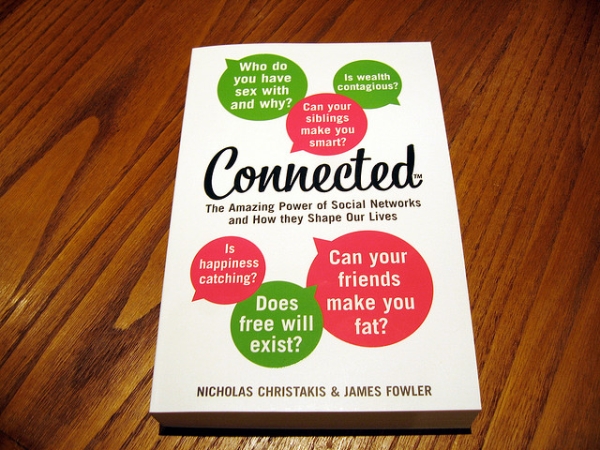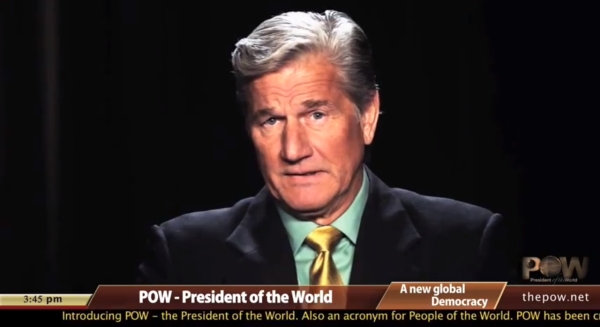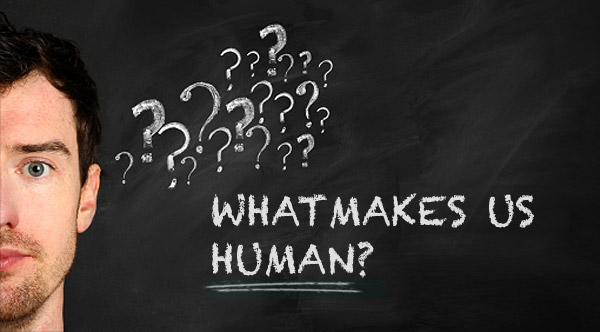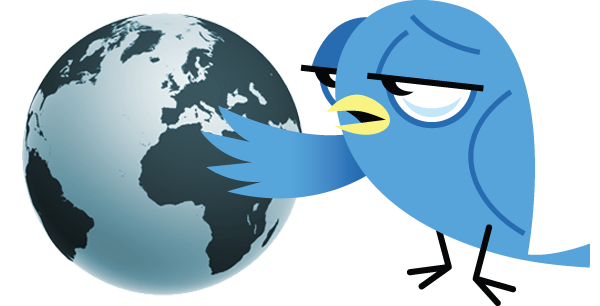


President Of The World Offers Solution To The World’s Problems: Create A Unified Public Opinion
In an effort to raise the voice of the silent majority, GlobalDemocracy.com has introduced a President of the World (POW) who will serve as spokesperson for the People of the World on issues ranging from economics, health, government, environment and more; in this introductory video [3 min.]: An overview of the world’s problems & solution, according to the POW in the video: The Problem – A Global Crisis As a whole, we’re contributing to a system that’s broken. Countries are competing for limited resources and economic domination, We’re sucking up resources on our planet like there’s no tomorrow, We’re breeding like rabbits, We’re strangulating other species out of existence, Plastic waste in the ocean is growing larger than most countries with nothing in place to stop it, Industries that are harming our planet are so powerful they can prevent or slow down cleaner technology for the sake of short term profit, Governments, justice systems, the media – are all influenced by self-interest groups whose actions often conflict with the wellbeing of humankind.” The Solution – Create A Unified Public Opinion The more people united in one place, the more powerful their voice becomes. Together, through social media, we can influence world leaders and industries to start improving the world as opposed to ruining it, We know this will work because history has repeatedly shown us that leaders and industries must follow public opinion, or they fail.” How It Works At GlobalDemocracy.com: User registers and creates a profile Registered user proposes an idea Ideas must meet the principles mentioned on the site: Equality, Freedom and Security Members vote on ideas already proposed...
An iPad App To Build An Epic Conversation On Humanity’s Future
We humans need a new way to look. We need to see ourselves as one species, and develop a big picture view and a grounded vision to guide us.” –Anna Stillwell, The Human Project co-founder That statement was reached after two and a half years of research putting together many issues facing humanity into one big picture, as part of The Human Project. The Human Project – An App For Humanity The Human Project is a free iPad app in the making, an app, as co-founder Erika Ilves states, “to build an epic conversation on the future of our species” around the big questions: “What do we, as a human race, need to accomplish in the 21st century? Who do we want to become as a species? Where do we want to head next?” The Human Project’s project proposal on Kickstarter, after only five days, reached its funding goal of $25,000, and has since expanded its goals. Here’s the project proposal video: Also, here’s an exciting promo video for The Human Project with Jason Silva: http://www.youtube.com/watch?v=26jKx74Wc5M More About The Human Project: The Human Project Official Website The Human Project on...
New Twitter Study Shows Global Happiness On The Decline
In case you didn’t know, or have yet to receive a tweet about it, twitter is now being used for research. For instance at Cornell University a study was conducted which looked through over 500 million tweets to gauge users moods throughout the day: It turns out that we start our days positively (positive tweets), then our moods begin to decline throughout the day (at around midnight they pick back up again). A more recent study at the University of Vermont has also been conducted in which, “… more then 46 billion words written in Twitter tweets by 63 million Twitters users around the globe…” were analyzed. From this the researchers immersed themselves in a new perspective, In these billions of words is not a view of any individual’s state of mind. Instead, like billions of moving atoms add up to the overall temperature of a room, billions of words used to express what people are feeling resolve into a view of the relative mood of large groups.” Like in the Cornell study, The Vermont team then took these scores and applied them to the huge pool of words they collected from Twitter. Because these tweets each have a date and time, and, sometimes, other demographic information—like location—they show changing patterns of word use that provides insights in the way groups of people are feeling.” The implications of such research? The new approach lets the researchers measure happiness at different scales of time and geography… and stretched out over the last three years, these patterns of word use show a drop in average happiness.” So, the Cornell study measured...![Can Your Actions And Thoughts Influence People You Don’t Know? Prof. Fowler Explains [PopTech Video]](http://www.mutualresponsibility.org/wp-content/uploads/2012/09/james-fowler.jpg)
